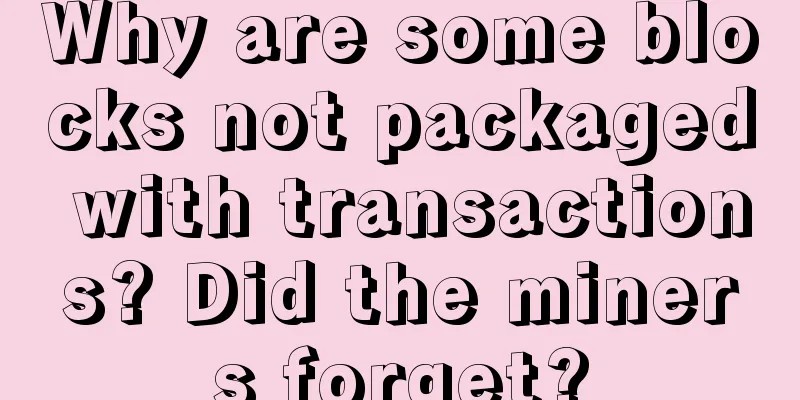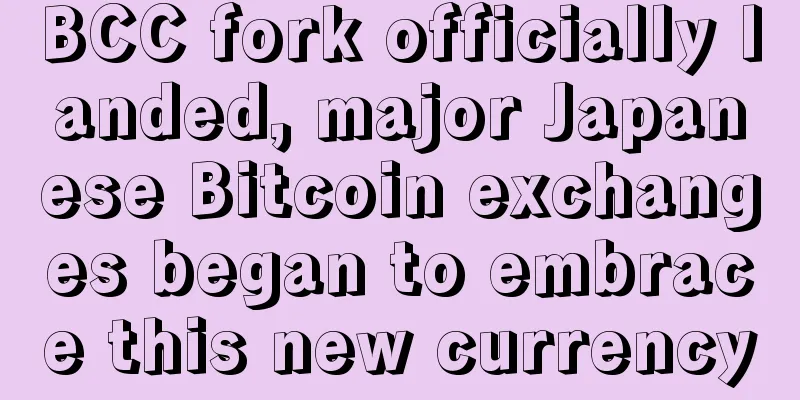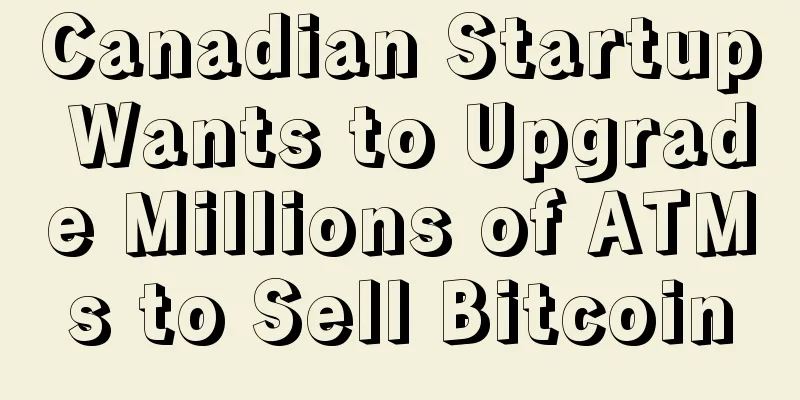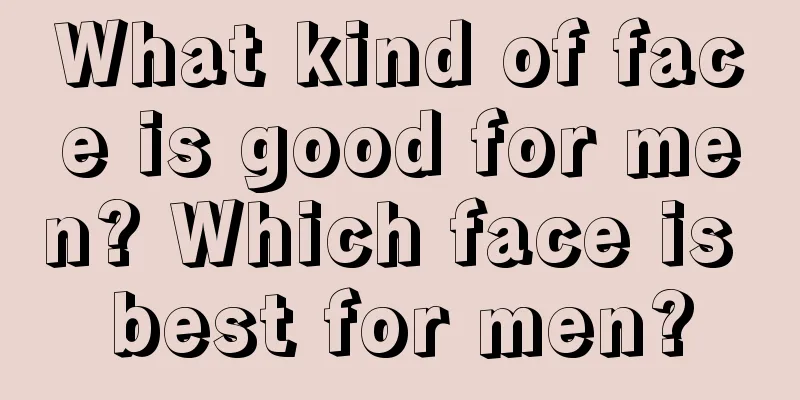Bitcoin in the crosshairs due to bank and government intervention
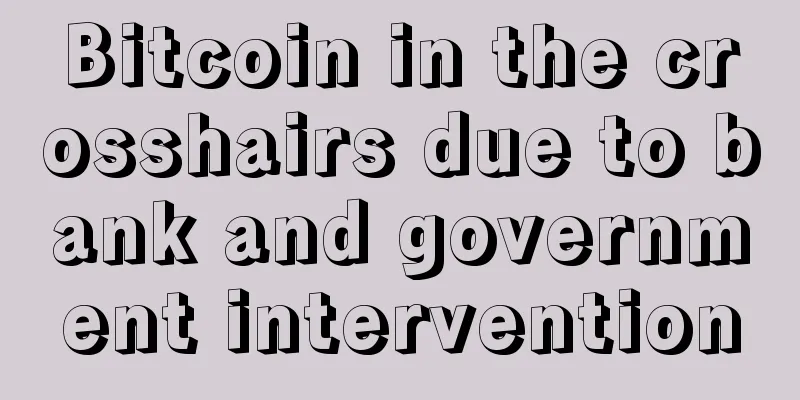
|
Bitcoin, launched in 2009, has come a long way to rival the U.S. dollar and other major fiat currencies. Now, banks and financial institutions that are responsible for people's wealth also feel threatened by it, as they find themselves defenseless in the face of the new digital currency. Bitcoin is completely independent and anonymous, even central banks and other government agencies have nothing to do with it. And so far, no single entity can control Bitcoin. The decentralized nature coupled with high security, speed and low transaction costs all contribute to Bitcoin's ability to replace currencies in the global economy. Bitcoin has become a symbol of financial liberalization and independence, with individuals, rather than banks or governments, being the trusted third parties to conduct Bitcoin transactions. Bitcoin has created a world of concepts - a currency that actually abolishes the entire foreign exchange structure. It is only a matter of time before the Bitcoin network reaches mainstream status with a large enough demand for users to make transactions possible without fiat currencies or exchanges. If that day comes, the government will completely lose control of the economy and taxation, banks will be abolished, and traditional payment processors that rely on huge transaction fees for profit will be forced to stop their activities, because the transaction fees of the Bitcoin network are completely negligible compared to before. Simply put, the rise of Bitcoin will threaten the selfish and powerful real enterprises and weaken their influence. It hopes to return the benefits to individuals in this way. Neither the government nor the banks want this to happen and have taken any measures that can prevent the popularity of Bitcoin. Therefore, whenever they get the chance, they always jump in to interfere with the operation of digital currency transactions. For example, these are typical examples: Australian banks recently cracked down on the activities of the national Bitcoin exchange. They closed the exchange's account without providing any explanation; the United States has strict regulations for Bitcoin companies and introduced various tax systems; Russia can increase the prison sentence by up to four years for the activity of exchanging Bitcoin for rubles; the European Union has also imposed strict regulations on alternative payment methods such as Bitcoin without any evidence of its use by terrorists. Most of these decisions have been made in such a hasty manner, and institutions and governments have often ignored due process. As long as these governments, banks and financial institutions believe that Bitcoin threatens their existing way of operating, digital currencies will continue to be in their target of attack. |
<<: EU's change in stance on Bitcoin won't hurt ISIL
>>: 5 insights from Bitcoin's founder's quest for funding
Recommend
Is it true that people with moles on their buttocks can avoid disasters?
Is it okay to have a mole on your butt? From the ...
Listed mining company Riot Blockchain purchases another 1,000 Antminer S17-Pro
Riot Blockchain, a Nasdaq-listed crypto mining co...
India delays cryptocurrency regulation bill as industry enters window period
India, with a population of 1.4 billion, is becom...
There is a career line on the left hand but no destiny on the right hand. What is the role of the career line?
Almost everyone has a career line, love line and ...
Welcome the first anniversary of Bitcoin, give away Bitcoin and exclusive sweatshirts for review
Good Bitcoin was launched on November 1, 2014, an...
Is it true that women with three white eyes are disgusting?
In terms of eye shape and appearance, people with...
A woman's face tells the fate of thick lips
The fate of some women can often be seen directly...
Can IPFS filecoin be mined now?
The official mining plan for early miners was not...
Blockchain token exchange Polychain receives $10 million in funding led by A16z, Boost VC and USV
Polychain Capital, a startup focused on blockchai...
Investing in the "Chinese version of Bitcoin" fell into a trap: the victim was threatened and gave up the principal
Last year, several investors in Tianjin came into...
Ethereum hard fork controversy resurfaces, a website claims it will sue the Ethereum Foundation and Slock.it to recover $1 billion in community assets
Note to readers: This article was written by the ...
The lines on your thumb tell you about your life
The lines on your thumb tell you about your life ...
Blockchain 3.0 (VII): Blockchain is a low-cost industrialized gene sequencing solution
Gene sequencing is constrained by two issues: pol...
What does the big triangle in the center of the palm lines represent?
There are many kinds of lines in our palms, and a...
How will the fortune be for Geminis with moles on their philtrum in 2019?
The philtrum is a relatively important part of ou...

